This is Part 17 of our 18-part first-time home buyer series. You may refer to the full table below:
So many readers write in because they're unsure what to do next, and don't know who to trust.
If this sounds familiar, we offer structured 1-to-1 consultations where we walk through your finances, goals, and market options objectively.
No obligation. Just clarity.
Learn more here.
First Time Home Buyer Guide
Financing
- Approval-in-Principle: Why It’s Your First Step for a Home Loan/Mortgage
- How Much Can You Borrow For A Home Loan / Mortgage?
- How Much Income Do You Need To Get A Home Loan / Mortgage?
- How To Read Your Credit Report For Your Home Loan / Mortgage
- Understanding SIBOR, Board Rate, And Fixed Deposit Home Loans
- How You Can Compare Home Loans And Get The Best Deal
Choosing The Right Condo
- Executive Condo Versus Private Condo
- Freehold Versus Leasehold Condos
- New Versus Resale Condos
- Large Versus Small Condo Developments
Choosing The Best Condo Unit In A Development
- How To Pick The Best Stack In A Development
- Key Questions To Ask About Condo Facilities
- Key Factors To Note About A Condo’s Location
- How To Read And Compare Floor Plans
- What To Look For In Condo Shoebox Units
- When Should You Consider A Dual-Key Unit?
- Key Questions To Ask At A Showflat
- Condo Purchase Timeline
When the salesperson at the showflat asks “do you have any questions?” you can immediately spot the first-time buyers. They’re the ones who can’t think of anything to ask, while the more veteran property buyers already have five or six issues to bring up.
We get it though – when you’re buying a home for the first time, you likely won’t even know what’s important to ask. That’s why we’ve put together a quick checklist, for the next time you decide to visit a showflat. This will ensure you cover most of the bases (but it’s by no means exhaustive).
We can break this into:
- Questions about price
- Questions about day-to-day running
- Questions about facilities
- Questions about quality and finishing
Questions about price
1. Why should I pay this amount when (any other nearby property) costs less?
As you’d know by now, new launch condos are always priced higher.
By asking this question, you’re getting a clearer picture of the development’s key selling points.
The agent will usually respond by highlighting the features to pay attention to, such as the development being freehold, having a wider range of facilities, being an integrated development with a mall downstairs, etc.
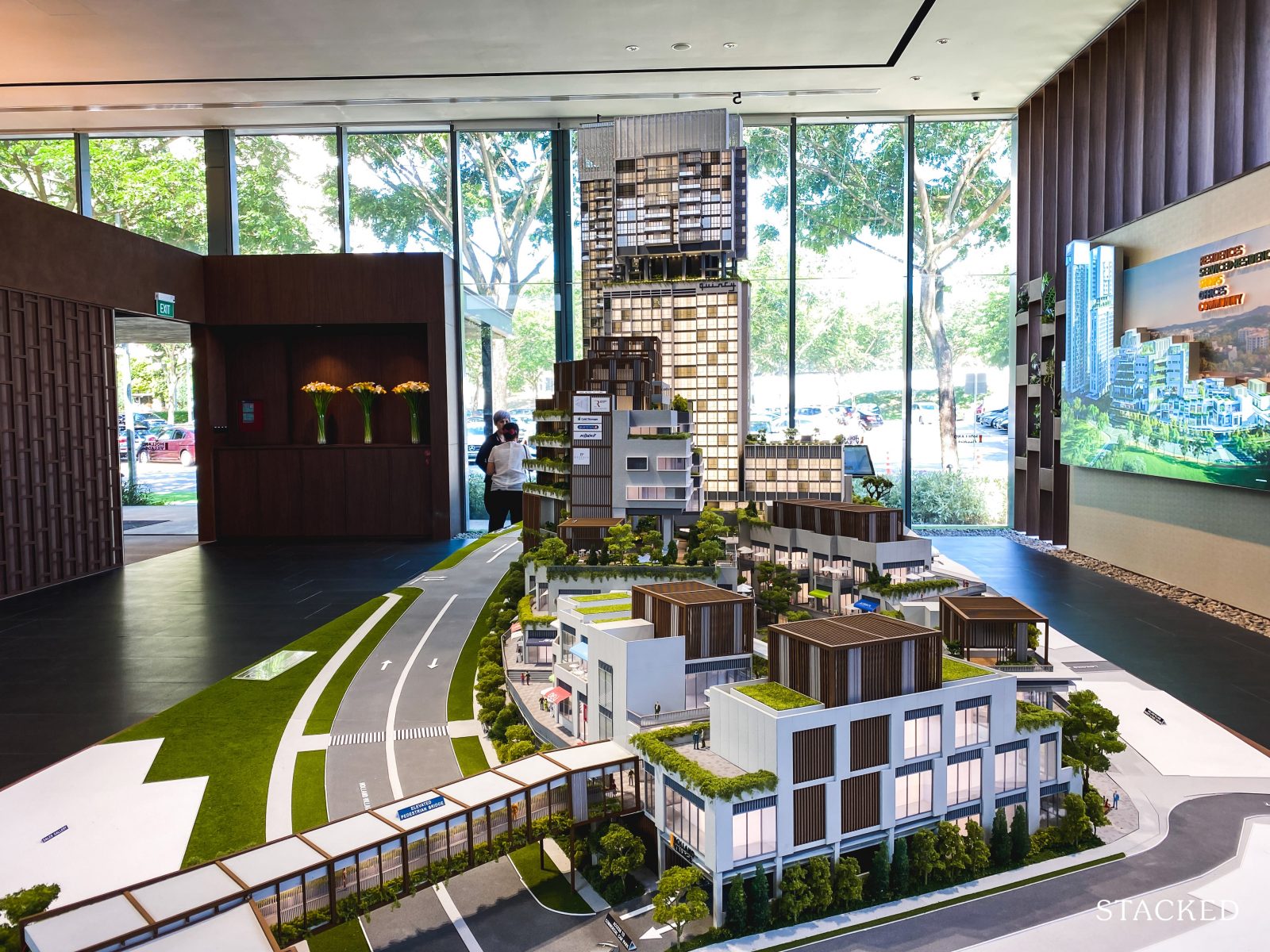
Take note of these differentiating features, and decide if they mean anything to your specific lifestyle or financial plans. Not everyone needs a condo that’s closer to a school, or that has a concierge service.
2. What is the price difference compared to (unit X)?
This is a follow-up to the first question. You know the unique selling points; now find out how much you’re paying for them.
On a per-square-foot basis, what’s the price difference between your development and a neighbouring development, which have mostly the same amenities?
Within the same development, what’s the price difference of the specific unit you’re looking at, versus other units in the same stack?
For example, you might want to know that the price difference of a unit two floors above you is just another $150 per square foot; that may be well worth paying, if the view’s less impeded.
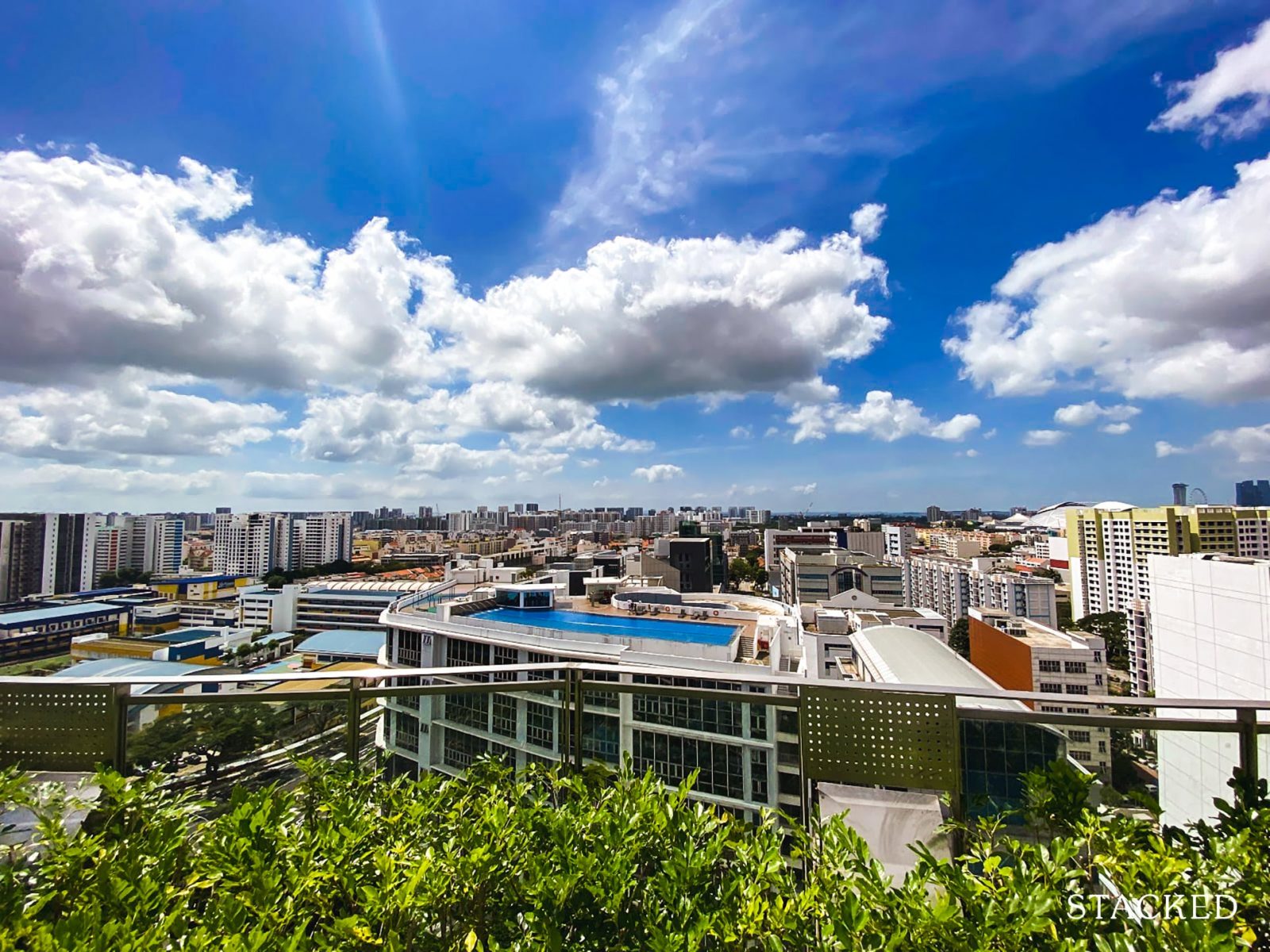
Likewise, you might find that your property costs almost 1.5 times more than the older condo 10 minutes away. Perhaps it’s because it’s closer to the MRT station, which you don’t intend to use anyway as you drive.
If you have doubts about what you’re hearing, you can drop us a message on Facebook – we can help you verify the facts.
3. How much of a discount am I getting, compared to the next phase of your launch?
One of the main advantages of buying early – besides getting to pick your ideal unit – is the discount. These tend to be found during the “VIP Preview” phase of the launch, and a discount of roughly 10 per cent is the norm. But they can be even higher than this, if the developer is pricing to stimulate early sales.
In any case, you want to make sure you’re getting a good deal here, otherwise you may as well wait till closer to the completion date. If price is the ultimate factor for you – if you’re comparing between two developments; who’s giving you the better discount?
If a developer gives you a 10 per cent discount on a $1.5 million unit, then the very moment the discount is lifted and normal valuation applies, you’ve indirectly made yourself $150,000.
(Now you know why, way back in the early 2000’s, many people would sell even before the condo was finished. That doesn’t work anymore though, due to the Sellers Stamp Duty).
Questions about day-to-day running
1. What is the probable maintenance fee?
Most condos charge maintenance fees on a quarterly basis. For the average condo, this will come to roughly $1,200 to $1,400 every quarter. For higher end luxury condos, well, we’ve seen $8,000 per quarter and up.
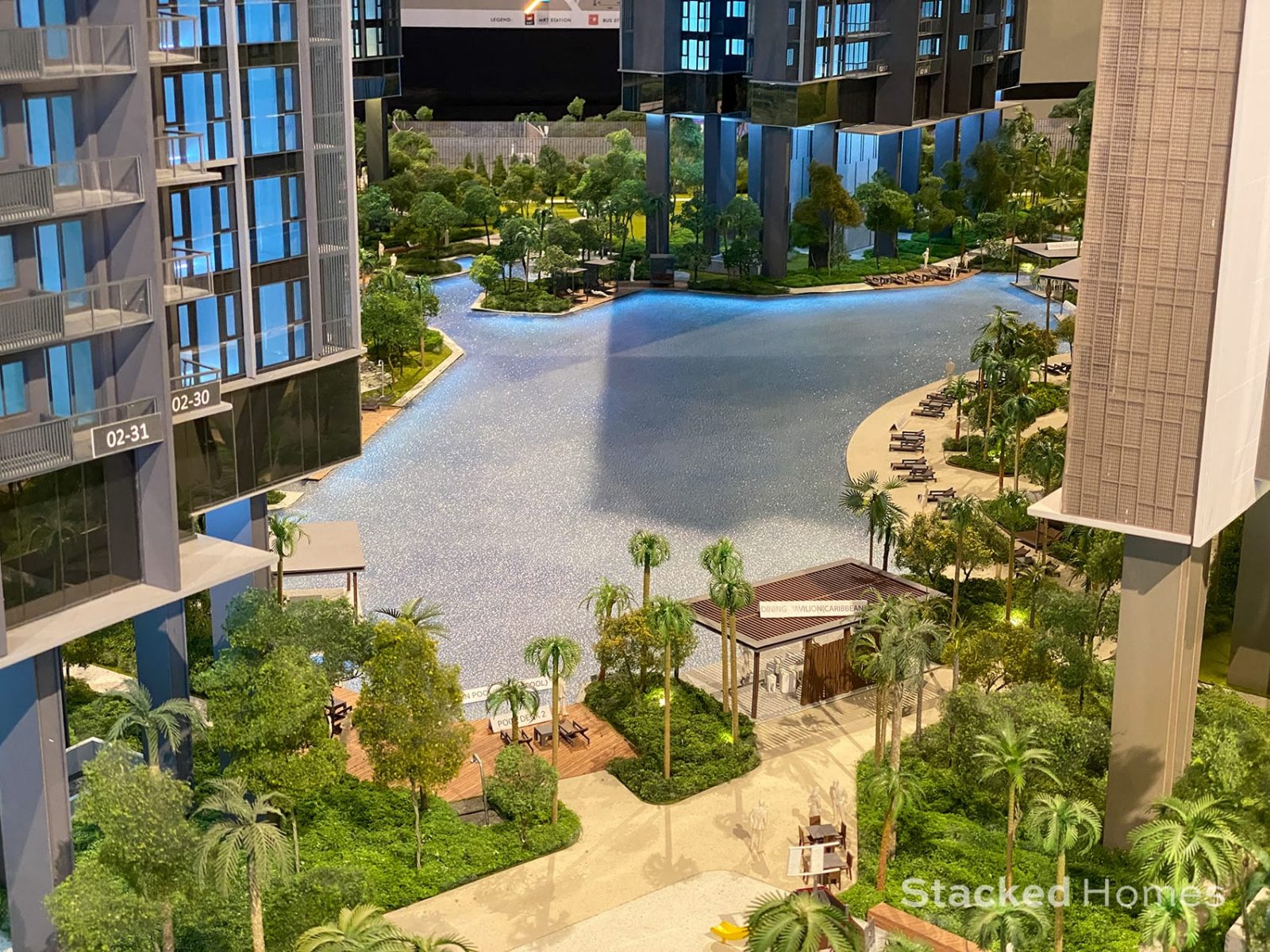
Your maintenance fees are determined by your share value, which is a topic we’ll get into in a future article. For now, just make sure the figure given is not something that makes your eyes bulge.
2. Are the current list of services going to be maintained indefinitely?
There may be a free shuttle bus service to the CBD right now; but is that ongoing, or is it free for the first few months only? Likewise, if the condo offers courses or activities in the clubhouse (e.g. children’s enrichment, pottery classes, and so forth), are these ongoing or just there for the first month?
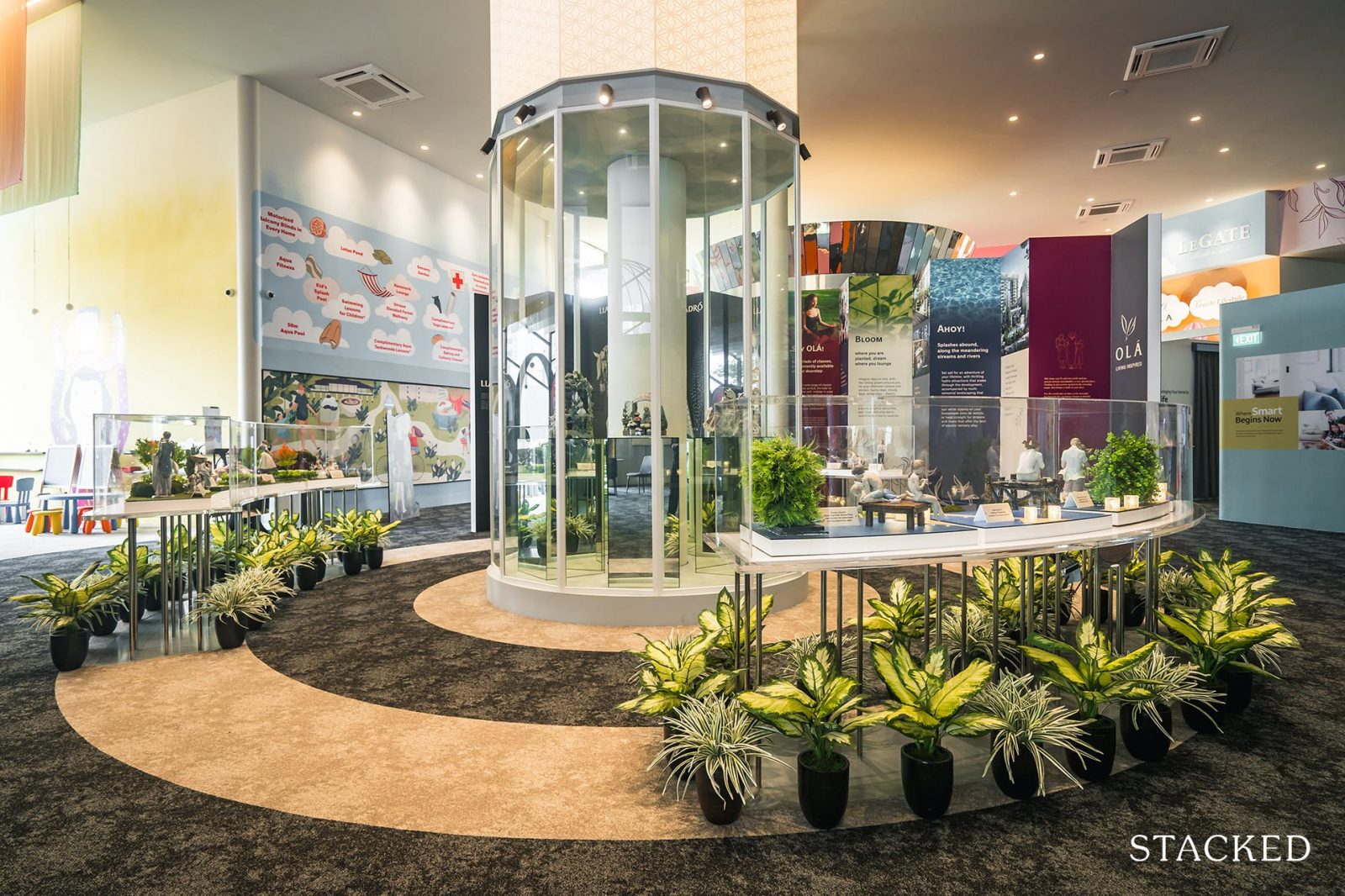
Of course, no one can guarantee the continued running of everything over the next 10, 20, or 30 years – but you want to make sure all the cool specials you’re getting aren’t over after just a few weeks.
3. What shops and services are already planned within the development?
Ask if there are going to be commercial spaces with a grocery, or if there will be childcare centres and clinics. Some condos have these on the ground floor, and they can represent a massive convenience if you’re in a more fringe location.
Questions about facilities
1. What are the closest facilities to your unit?
No one wants a unit so far from the pool, their children are shivering like blocks of grass jelly by the time they’re home.
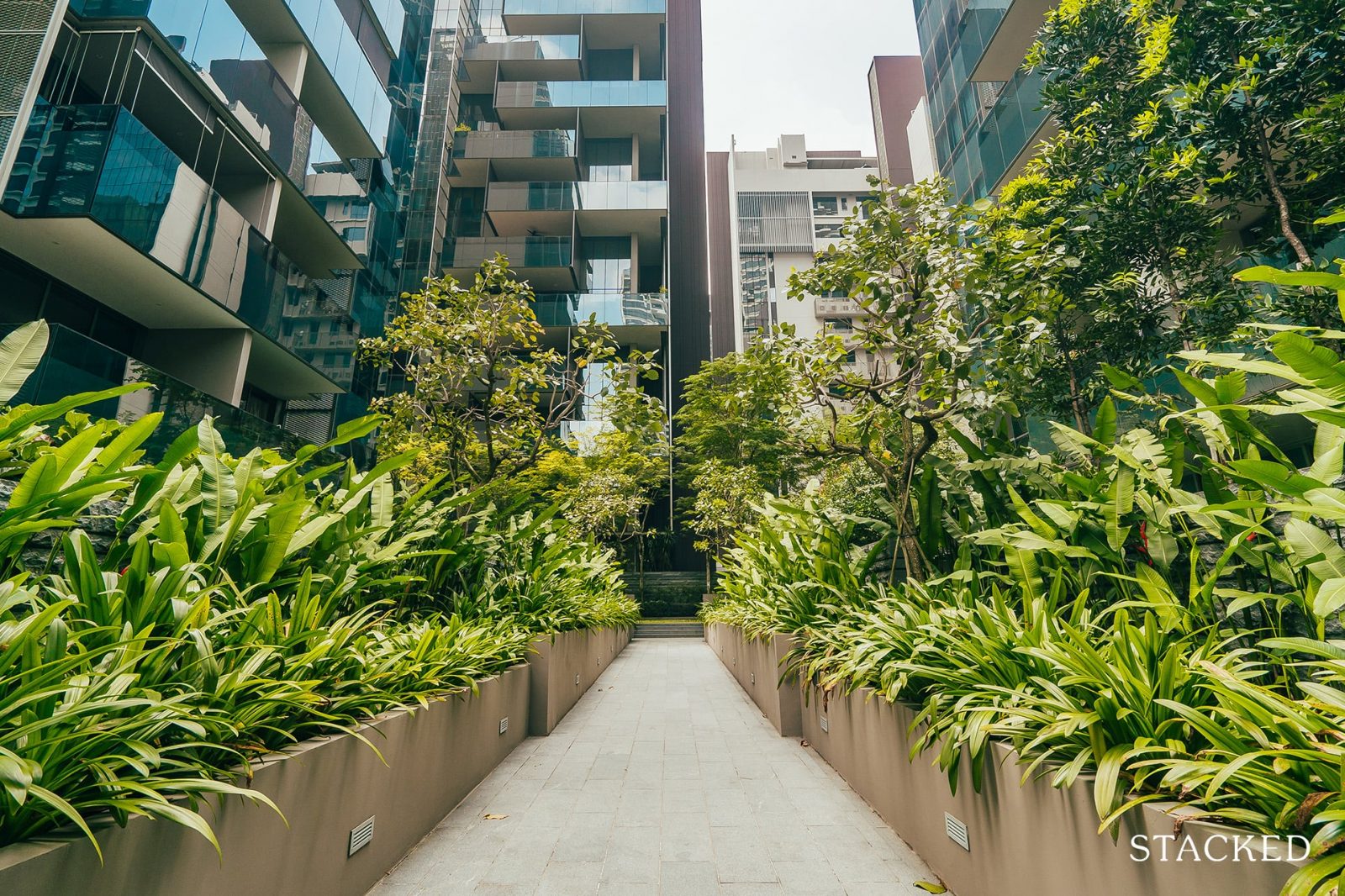
Try to find units that are closer to the facilities you use most often – if you’re a tennis fanatic, for instance, you may want to be closer to the tennis court than to the BBQ pits. If you love lounging in high places, then perhaps you want to pick a unit on a floor closer to the sky garden.
2. Will the noise travel from this facility?
Do you like listening to people yelling, laughing, and playing a guitar at 9 pm right outside your ground floor unit? If not, better consider a unit further from the BBQ pits.
In general, the closer you get to the facilities, the more noise you’ll get – but some facilities are quieter than others. The yoga garden is probably less rowdy than the children’s playground.
Decide based on your own tolerances. While it might be hard to tell from the model at the showflat, it is still the best gauge available to you.
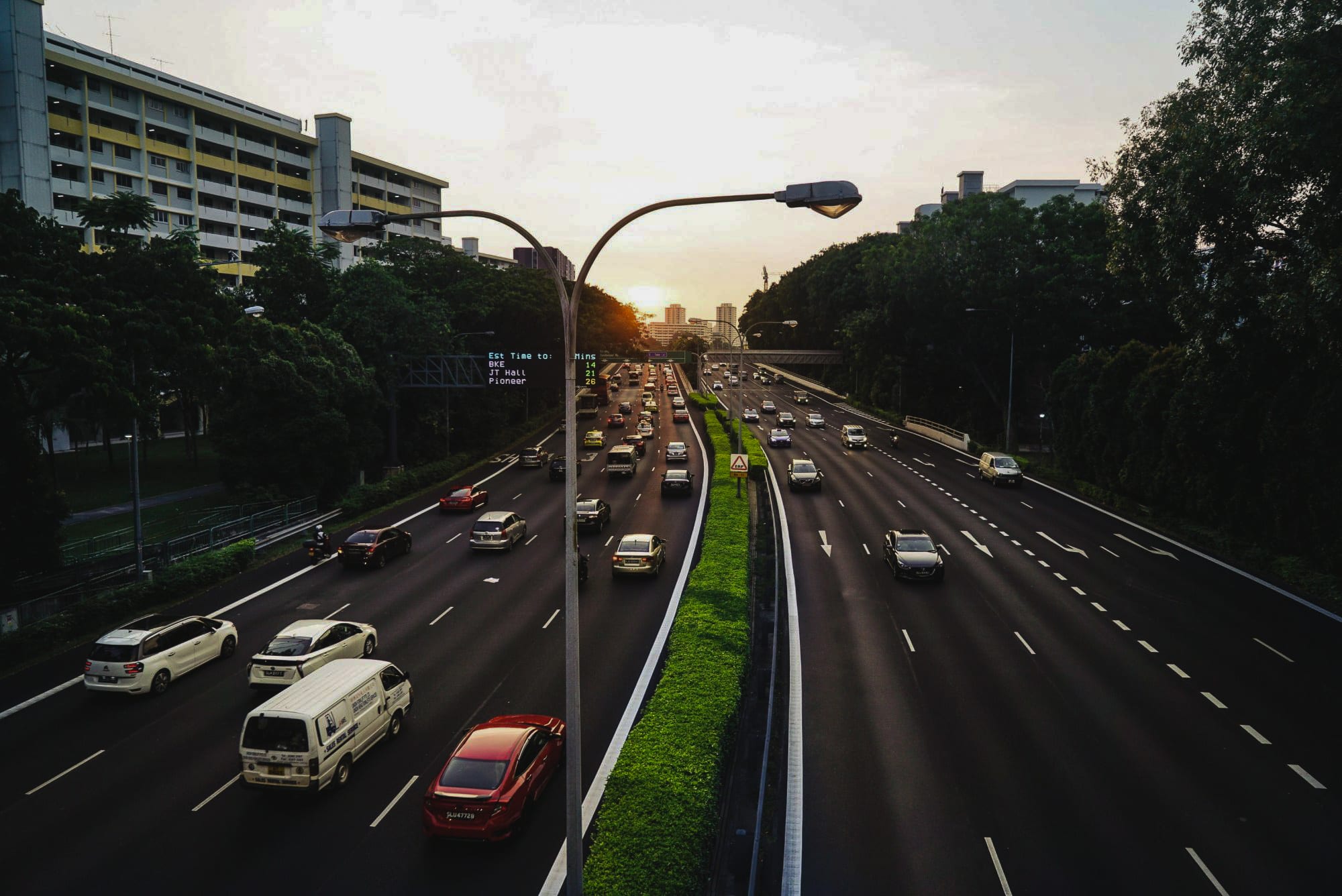
Property Market CommentarySingapore Noise Levels: 10 Noisiest Neighbourhoods That Might Make You Consider Noise-Cancelling Headphones
by Sean GohQuestions about quality and finishing
1. Is what I see in the showflat exactly what I’m getting?
Don’t assume the countertops, floor, wood panels, etc. in the showflat are all similar to what you’ll get. The kitchen counter in the showflat might be marble, but what you’re supplied might be some good old-fashioned plastic laminate.
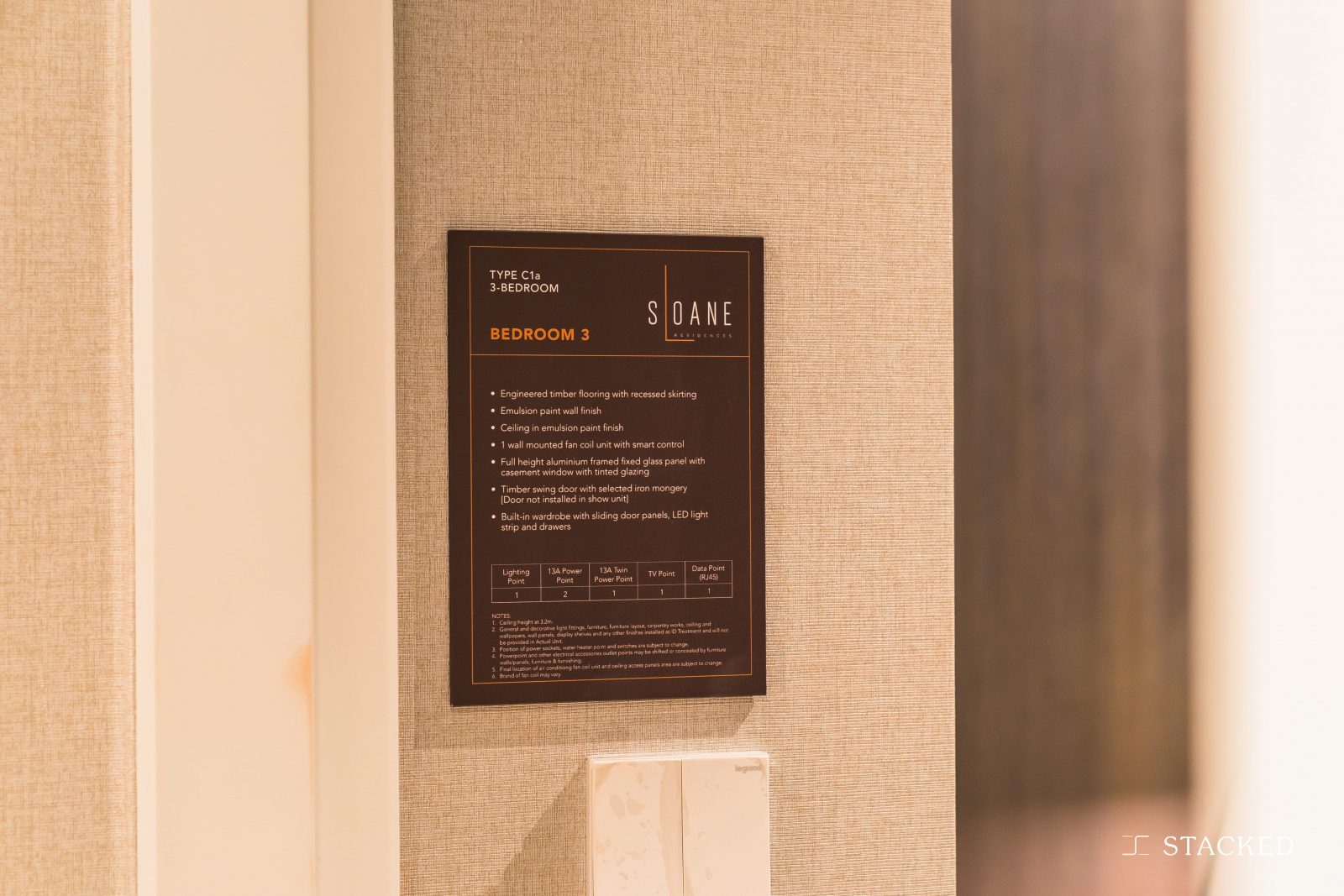
Also, note that some showflats remove partition walls, and only mark them on the floor with tape – you may not even have noticed. So do ask whether the walls are also exactly where they’ll be.
For more showflat “tricks” to be aware of, we’ve listed them here.
2. Are all the white goods included?
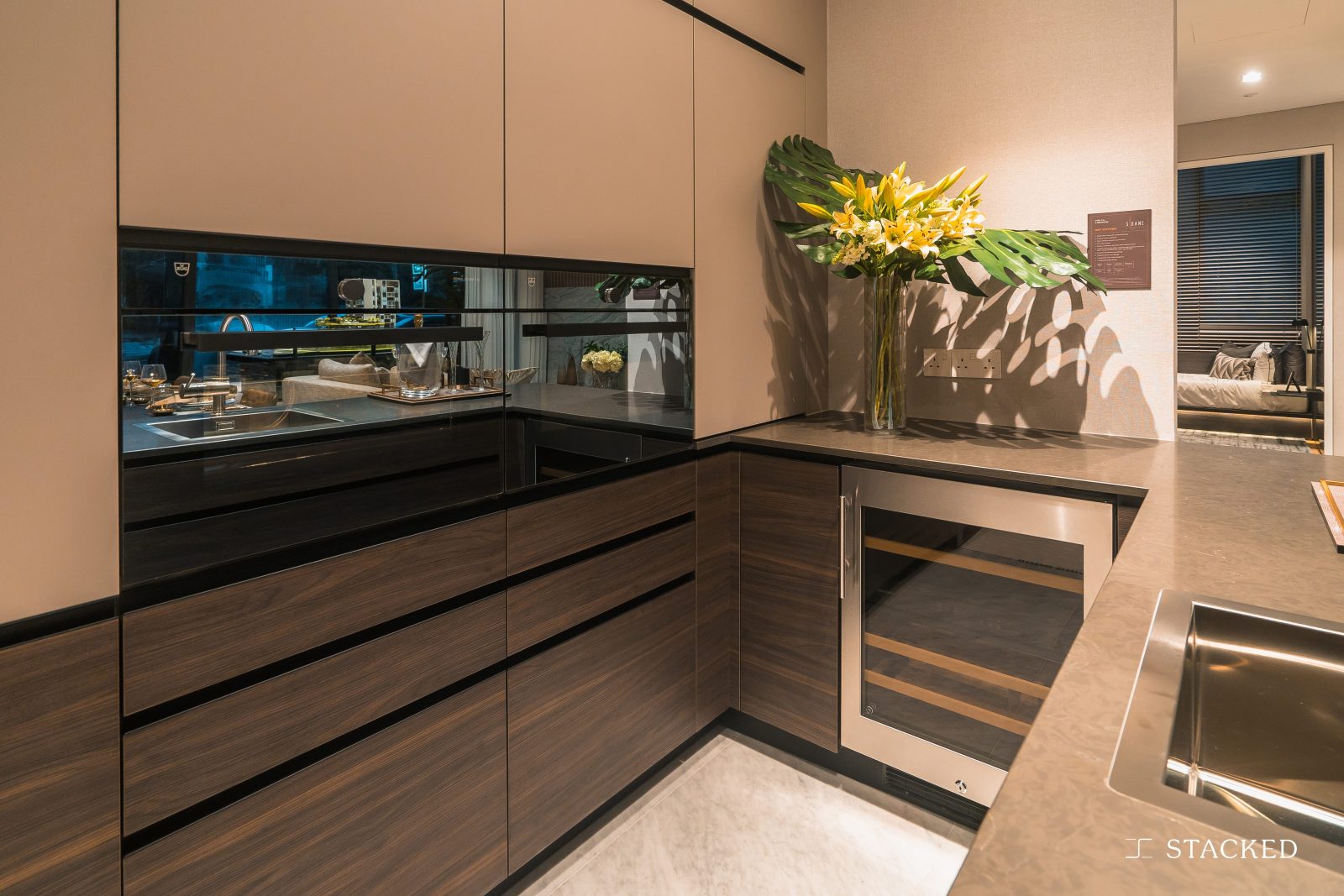
Check if the fridges, washing machine, dryer, or any other such appliances come with the unit. These days, it’s a norm to include these, but it always pays to check. Also, note that even if white goods are provided, they may not always be the same brand or model as what you see in the showflat – so it’s just good to always check.
3. What happens if there’s a defect?
It is usual practice for developers to include a defects-free period of 12 months. During this time, they will fix any defects you spot at no cost. Do ask when the defects-free period begins (e.g. is it upon key collection or earlier?), and on what the procedure is if you need to rectify something.
4. What’s the liveable space I’m getting?
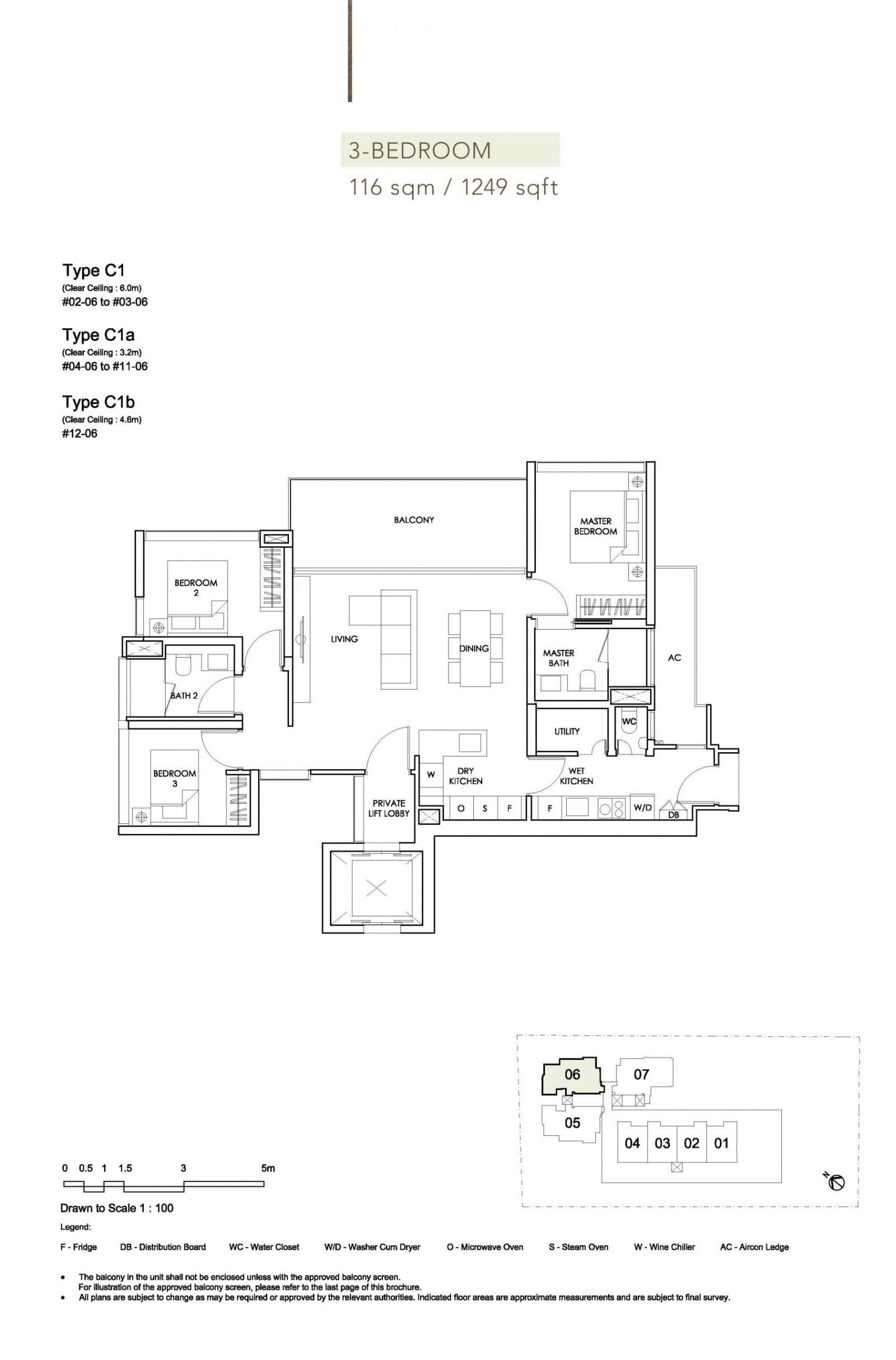
A 1,200 sq.ft. unit doesn’t actually give you 1,200 sq.ft. Some of it is taken up for things like air-con ledges, or the mandatory bomb shelter. Ask about the exact amount of room you’re truly getting, to compare between units.
Worst case scenario questions
Finally, just in case the absolute worst happens, ask how liquidated damages will work.
If the completion of your unit is significantly delayed, you should be entitled to liquidated damages (check the terms of the Sale & Purchase agreement as well). This is usually payable if your condo unit isn’t ready by the date of vacant possession. The damages are usually set at late completion interest of eight per cent per annum (pro rated to the number of days delayed).
Never assume that the norm applies though, and always ask. This can be a major headache later, if you end up spending a lot more on rent because your home wasn’t ready on time.
For a more in-depth look at specific developments, check out our condo reviews on Stacked Homes. We also call out any potential issues we see, so you’ll know to ask about them when you step into the actual showroom.
For more details on buying your first home, check out the rest of our Ultimate guide on Stacked Homes.
This is Part 17 of our Ultimate Guide to buying your first home. If you haven’t read Part 16, you can do so at the link!
Next up is our last and final part of our first-time home buyer series: Part 18 – Condo Purchase Timeline
At Stacked, we like to look beyond the headlines and surface-level numbers, and focus on how things play out in the real world.
If you’d like to discuss how this applies to your own circumstances, you can reach out for a one-to-one consultation here.
And if you simply have a question or want to share a thought, feel free to write to us at stories@stackedhomes.com — we read every message.
Ryan J. Ong
A seasoned content strategist with over 17 years in the real estate and financial journalism sectors, Ryan has built a reputation for transforming complex industry jargon into accessible knowledge. With a track record of writing and editing for leading financial platforms and publications, Ryan's expertise has been recognised across various media outlets. His role as a former content editor for 99.co and a co-host for CNA 938's Open House programme underscores his commitment to providing valuable insights into the property market.Need help with a property decision?
Speak to our team →Read next from Property Advice
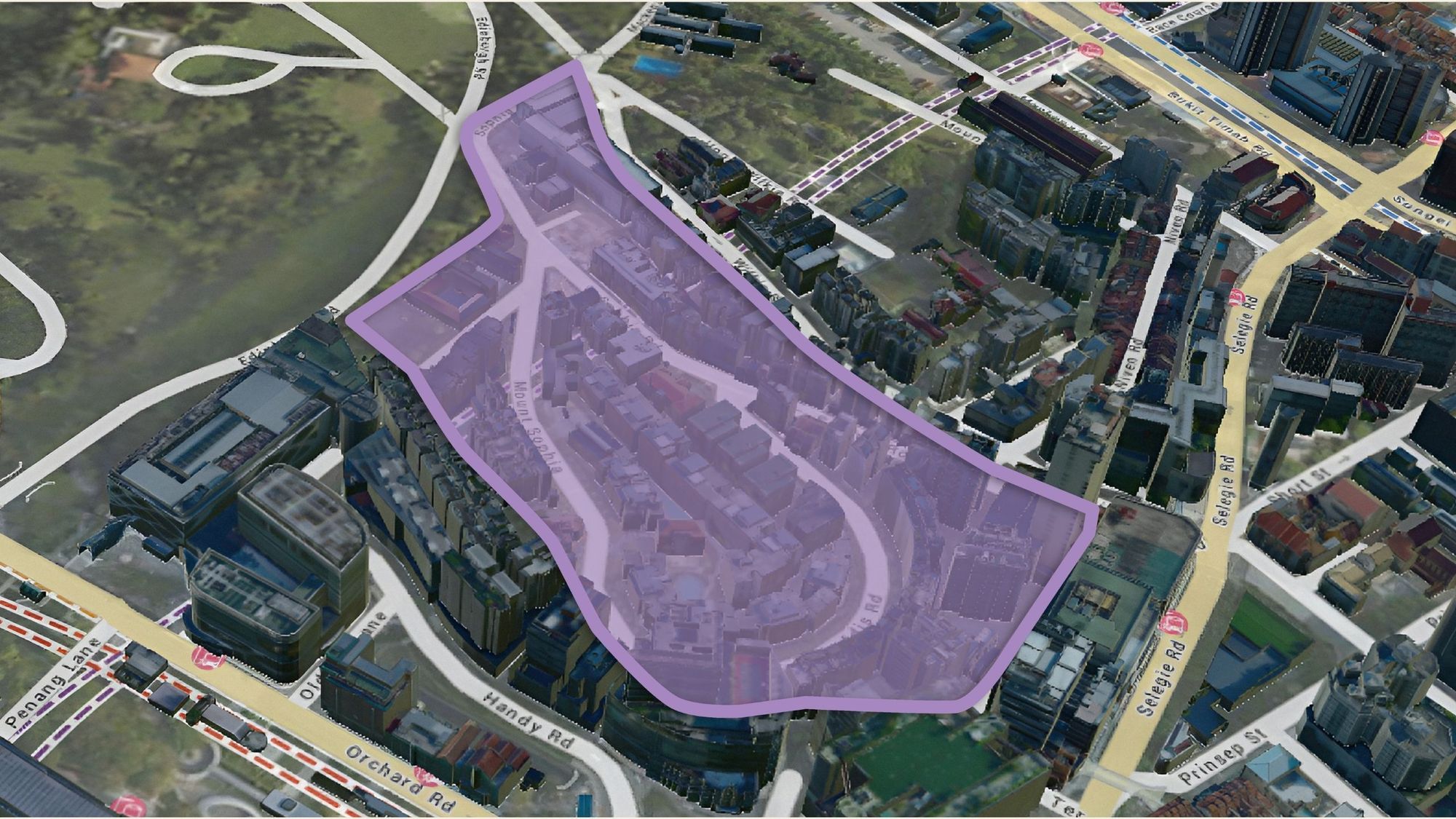
Property Advice These Freehold Condos Near Orchard Haven’t Seen Much Price Growth — Here’s Why

Property Advice We Sold Our EC And Have $2.6M For Our Next Home: Should We Buy A New Condo Or Resale?

Property Advice We Can Buy Two HDBs Today — Is Waiting For An EC A Mistake?

Property Advice I’m 55, Have No Income, And Own A Fully Paid HDB Flat—Can I Still Buy Another One Before Selling?
Latest Posts
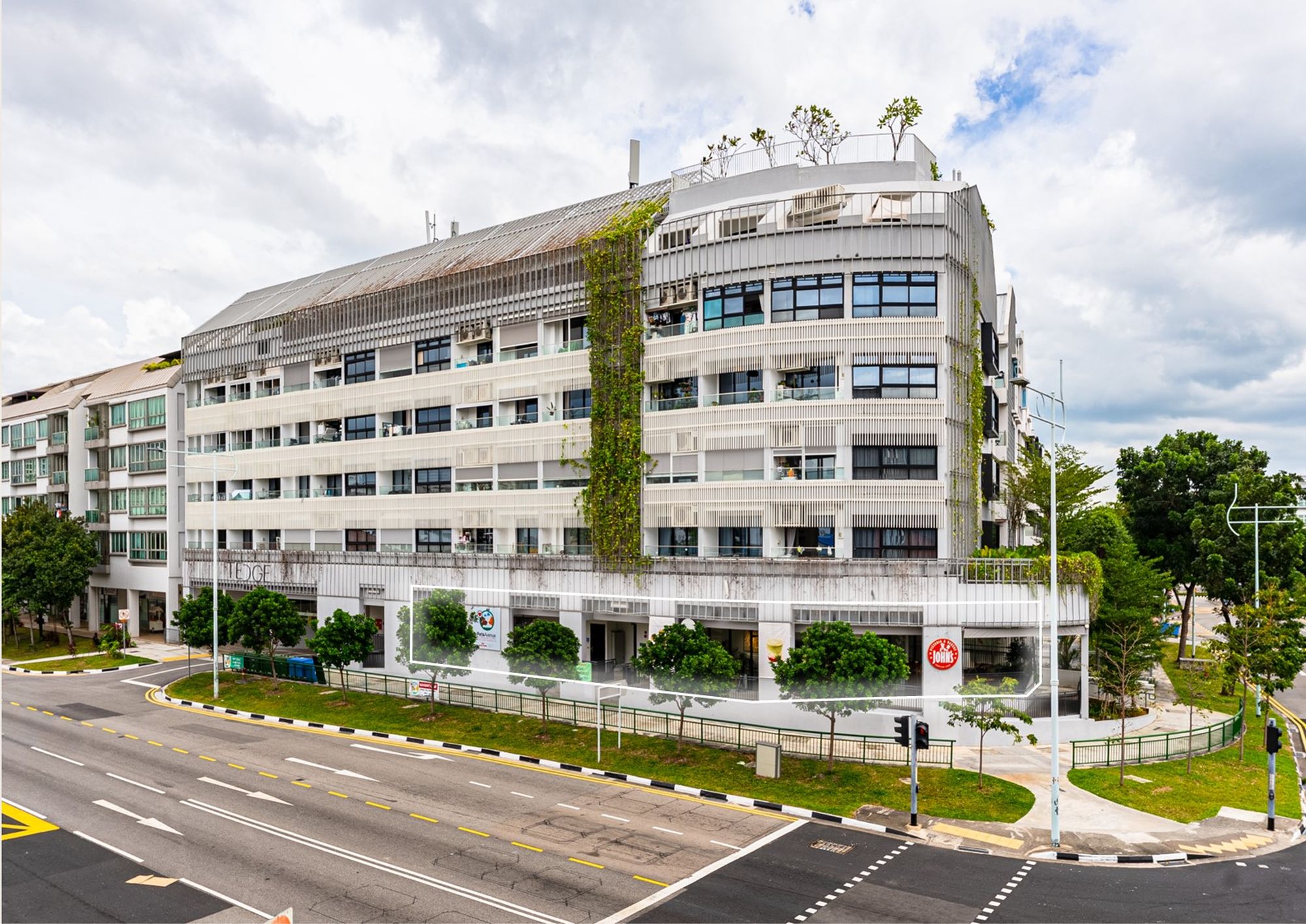
Singapore Property News These 4 Freehold Retail Units Are Back On The Market — After A $4M Price Cut

Pro This 130-Unit Boutique Condo Launched At A Premium — Here’s What 8 Years Revealed About The Winners And Losers

Editor's Pick New Lentor Condo Could Start From $2,700 PSF After Record Land Bid





































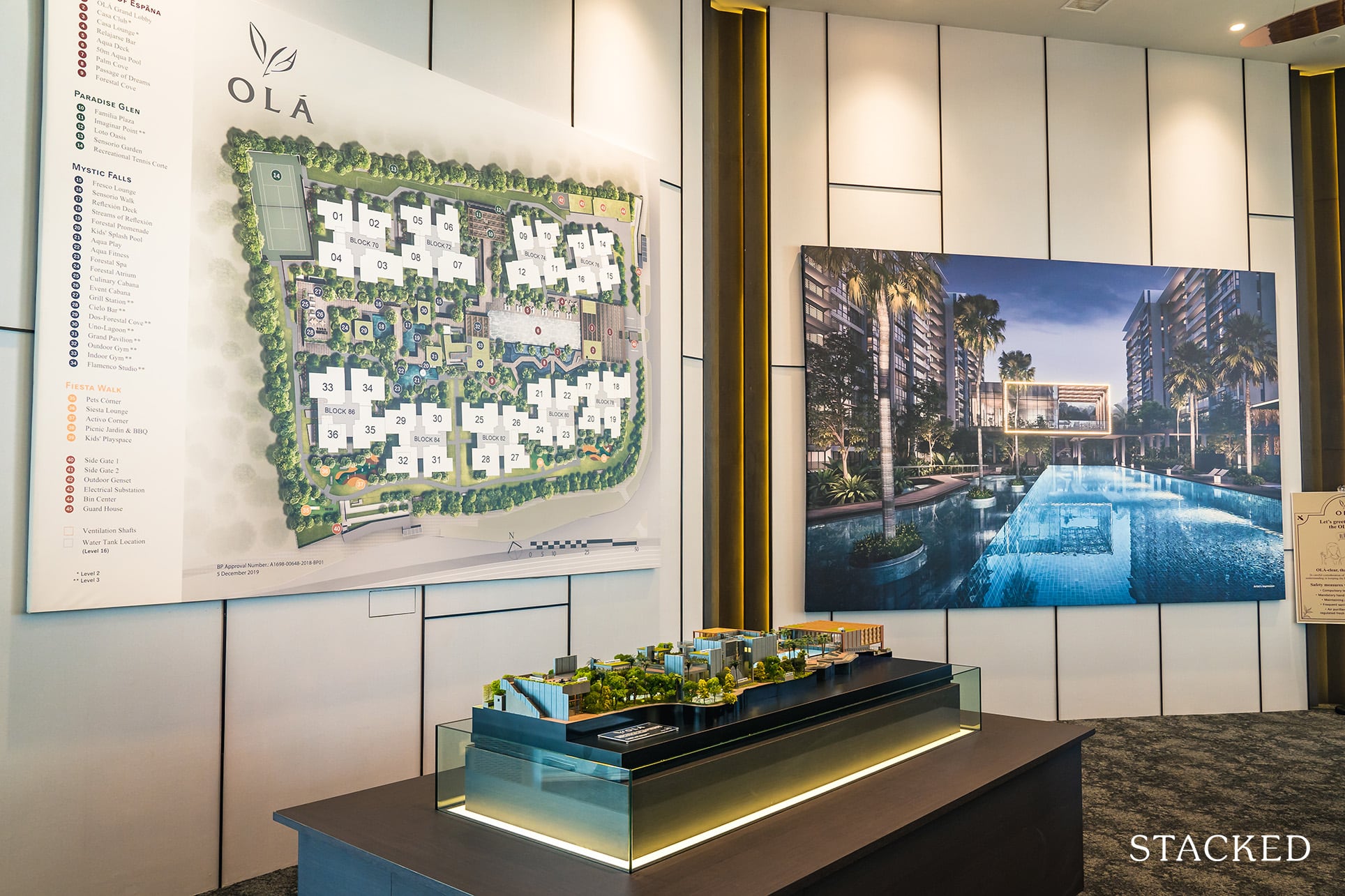
0 Comments